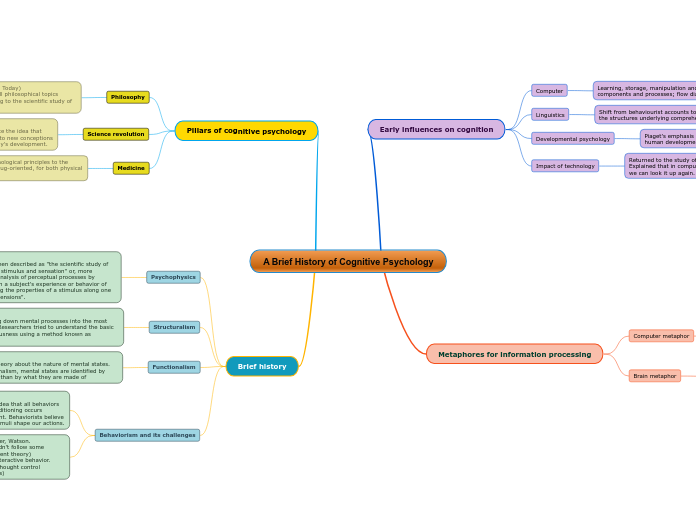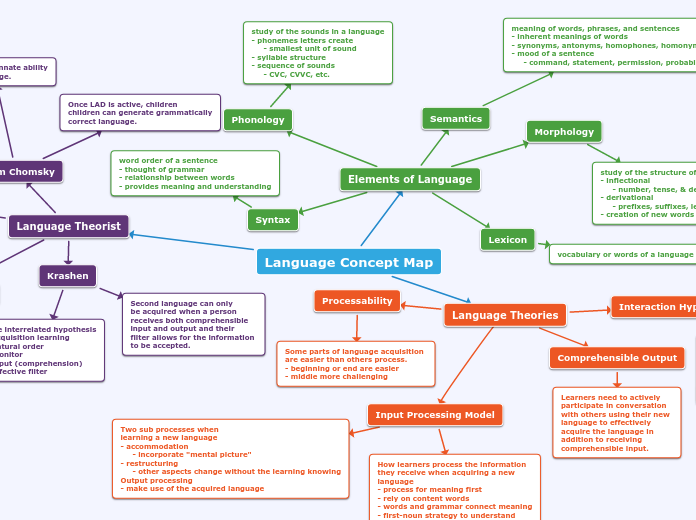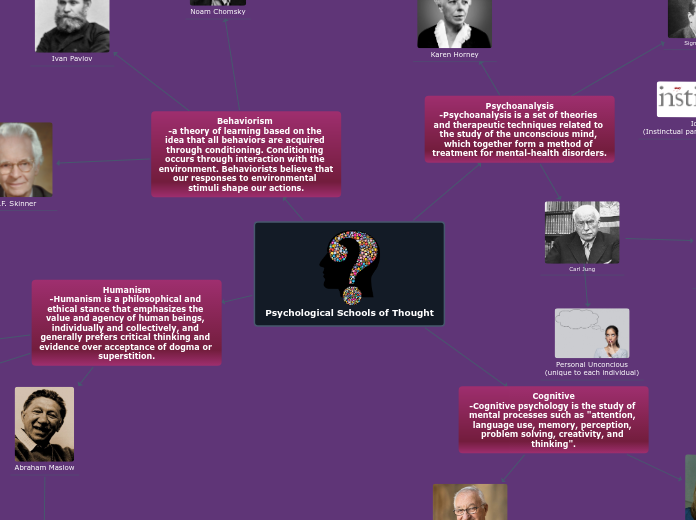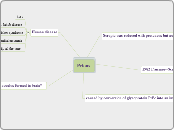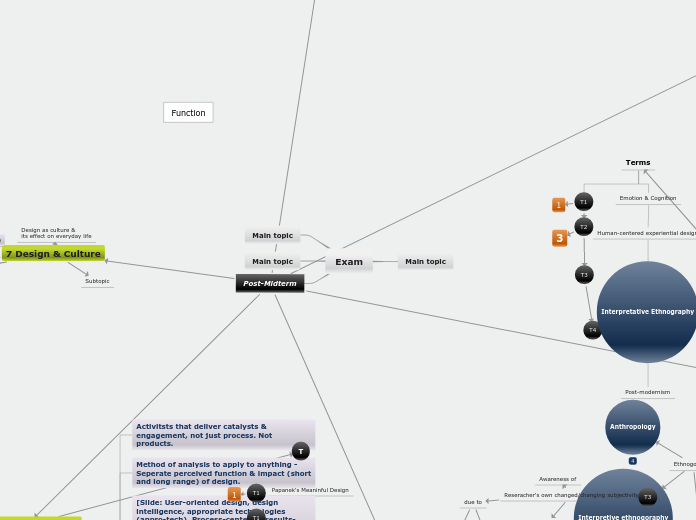realizată de Gabriela Loa 4 ani în urmă
1269
A Brief History of Cognitive Psychology
Cognitive psychology has evolved through various metaphors and theories that liken mental processing to different systems. The brain metaphor suggests that organizations function similarly to a thinking and learning brain, adapting and evolving over time.
